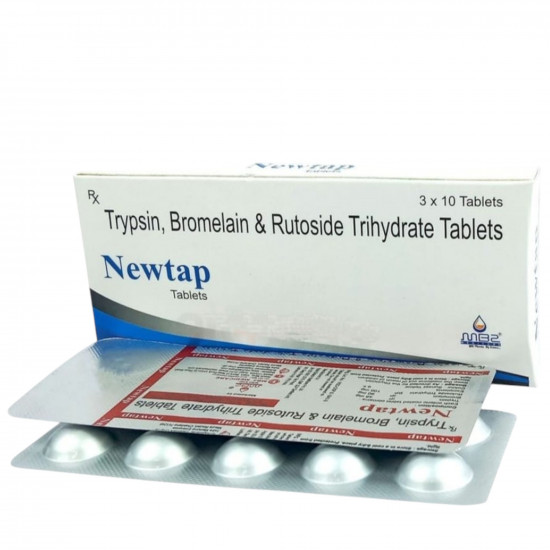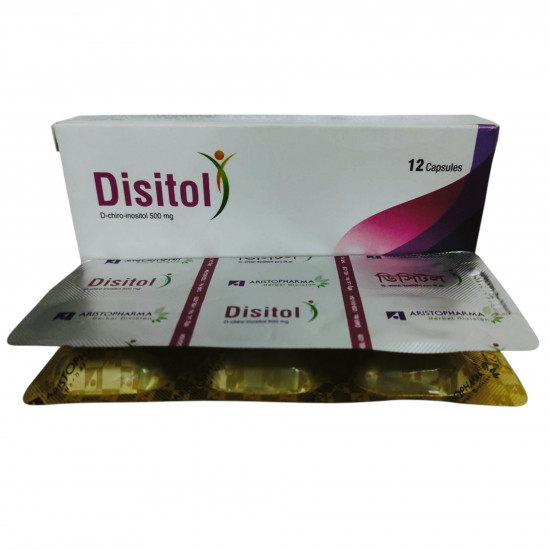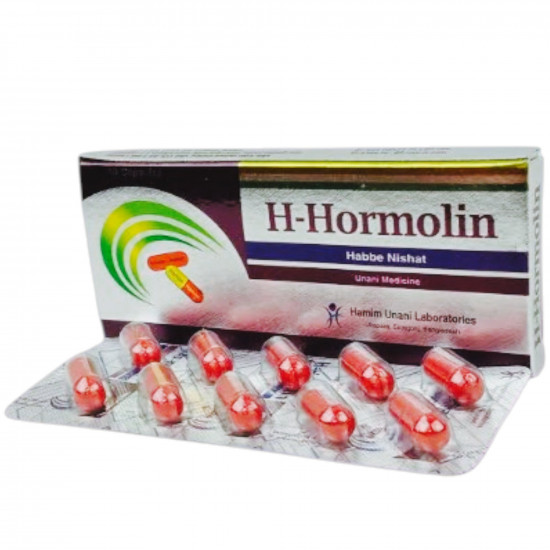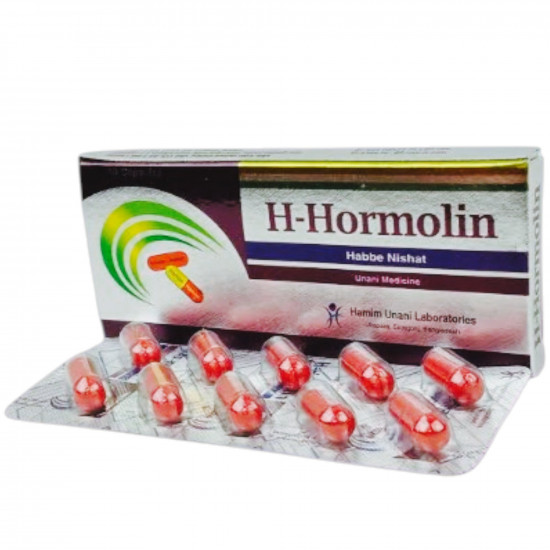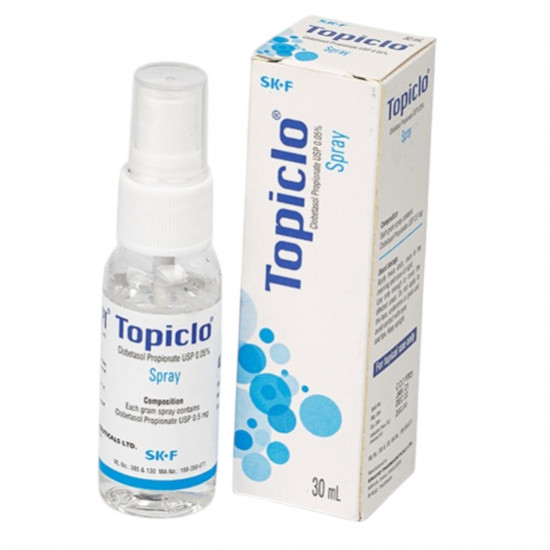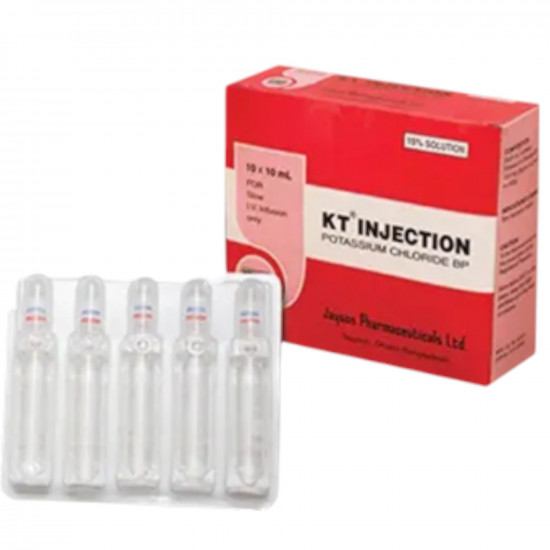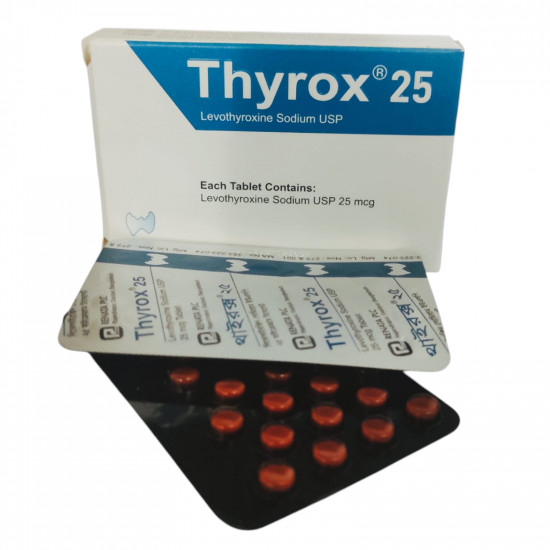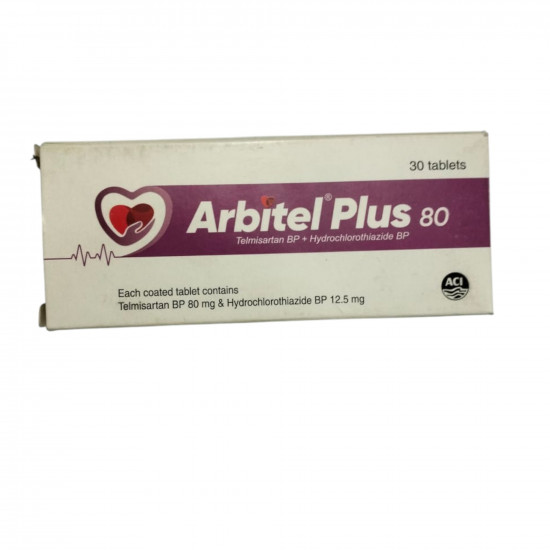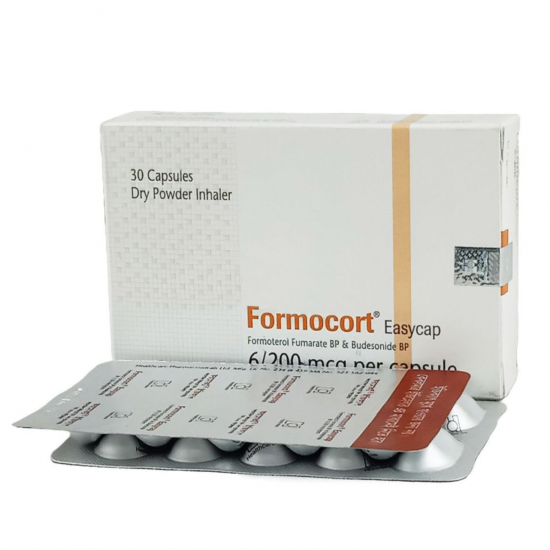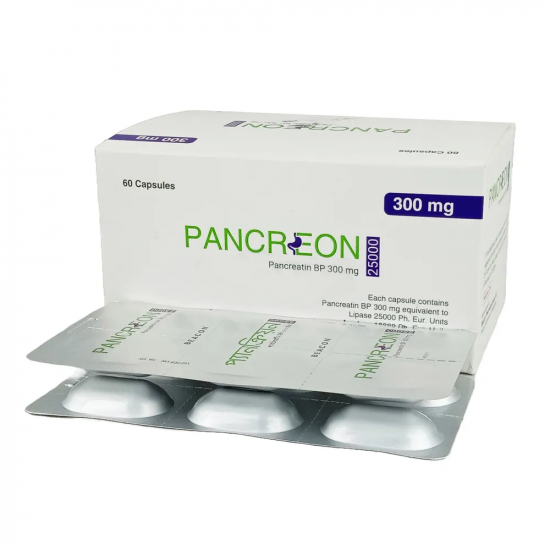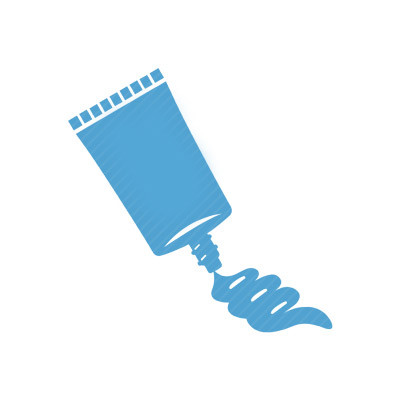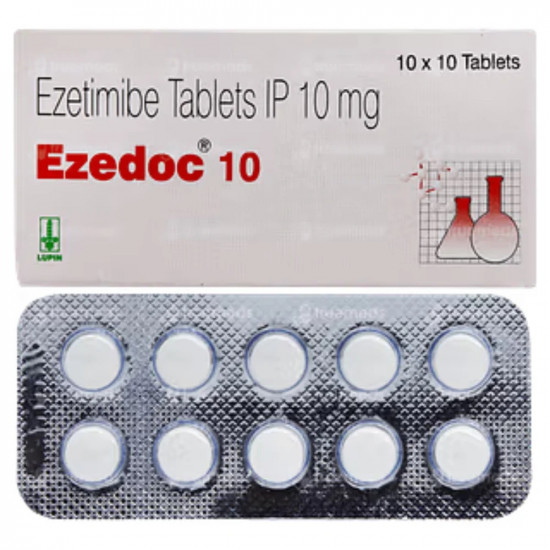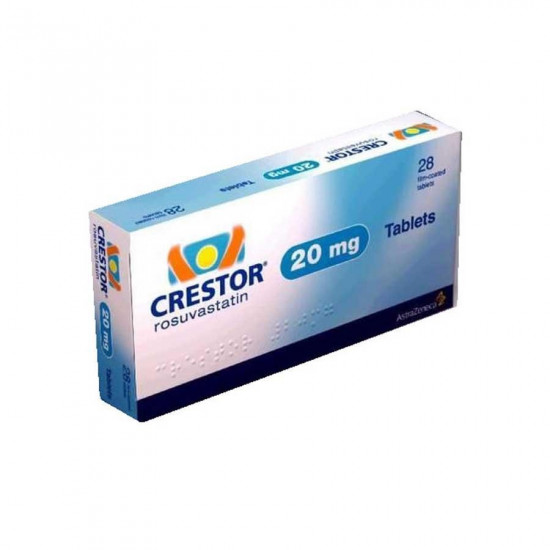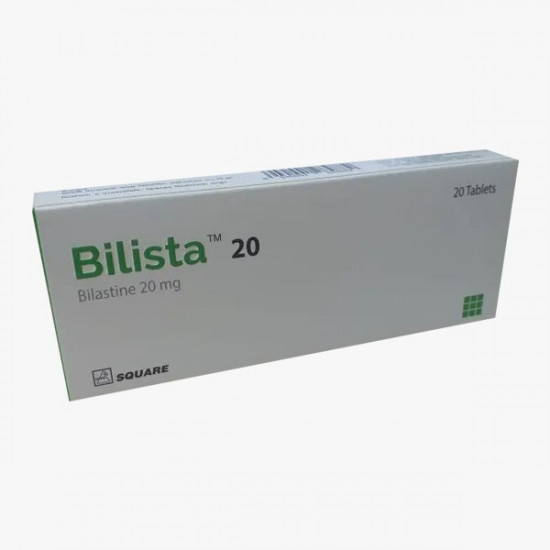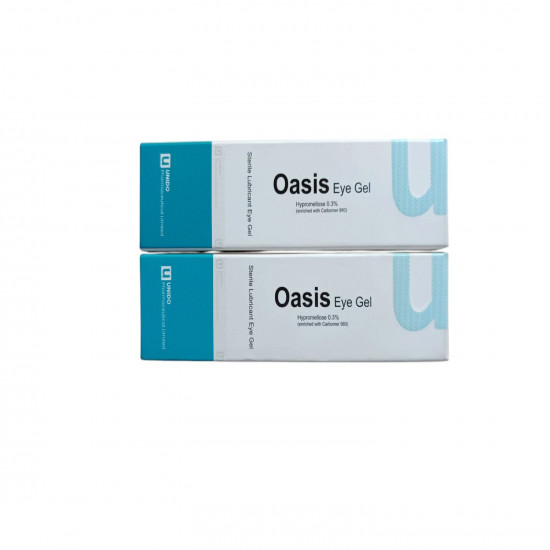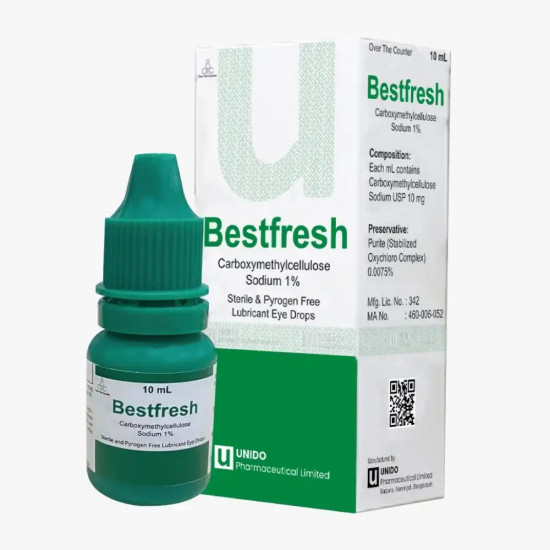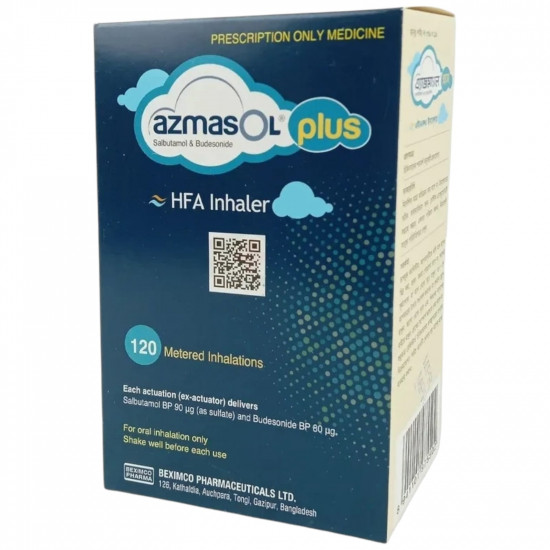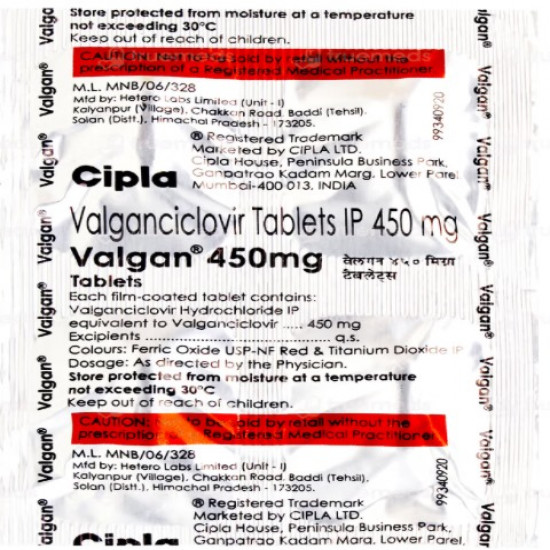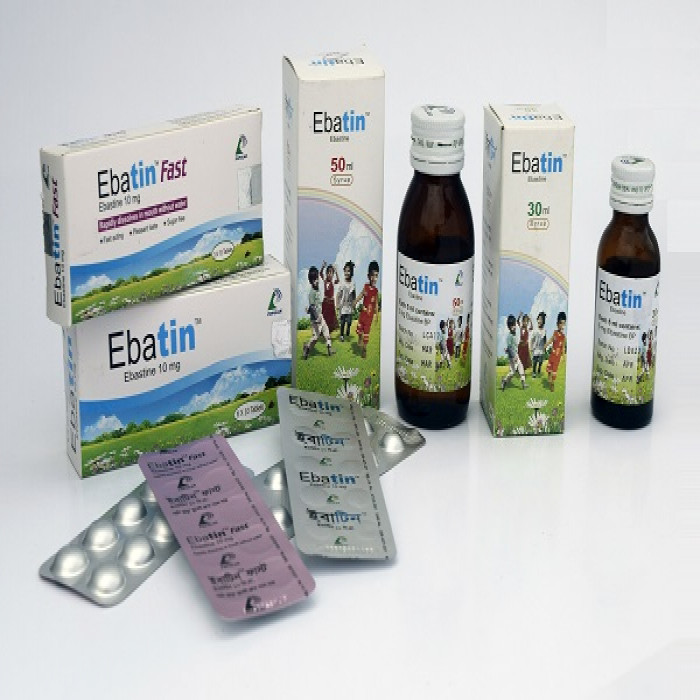
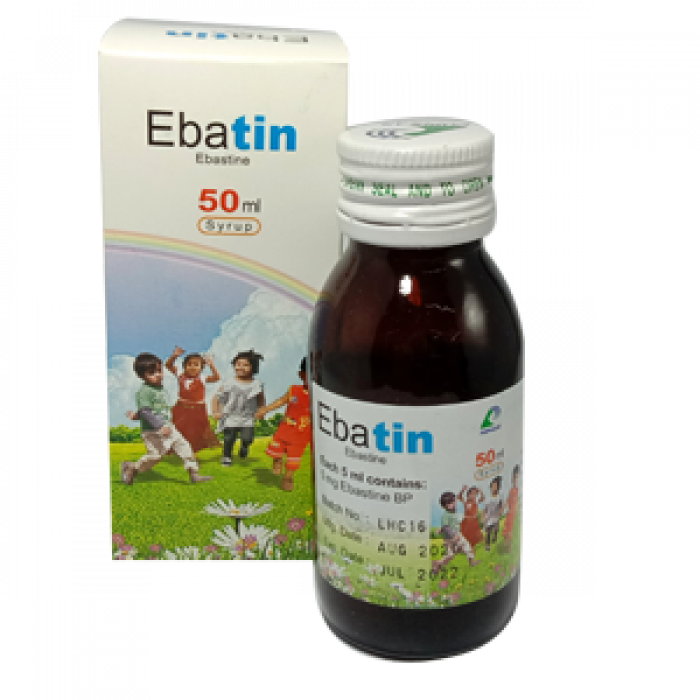
✔ 100% Authentic Product
👁️ Currently Viewing 1975
✅ Description:
Indications of Ebatin 50 ml
- Seasonal and Perennial Allergic Rhinitis are treated with Ebastine as a symptomatic therapy.
- Urticaria idiopathica (chronic idiopathic urticaria).
Pharmaceutical Name of Ebatin 50 ml
Pharmacology
Ebastine is a long-acting and selective antagonist of the H1-histamine receptor. The blockage of peripheral receptors stays stable after repeated treatment. Following oral administration, ebastine is readily absorbed and undergoes significant first-pass metabolism. Carebastine, a pharmacologically active acid metabolite, is almost completely transformed from ebastine.
Dosage & Administration
Tablet:
Adults (more than 12 years of age): 10 mg (one tablet) once daily.
Children (6-12 years of age): 5 mg (half tablet) once daily.
Syrup:
Children (2-5 years of age): 2.5 ml once daily (upto 5 ml in severe cases such as Perennial Allergic Rhinitis).
Children (6-12 years of age): 5 ml once daily (upto 10 ml in severe cases such as Perennial Allergic Rhinitis).
Ebastine may be taken with or without food.
Interaction of Ebatin 50 ml
When ebastine is used with either ketoconazole or erythromycin, the plasma level of ebastine rises, resulting in a longer QTc interval. Ebastine had no effect on theophylline, warfarin, cimetidine, diazepam, or alcohol pharmacokinetics. Alcohol plus diazepam's sedative effects may be amplified.
Contraindications
Patients who have previously tested positive for Ebastine or any of its components.
Side Effects
Headache, dry mouth, and sleepiness are the most prevalent adverse effects. Abdominal discomfort, dyspepsia, nausea, and sleeplessness are less typically reported adverse effects.
Pregnancy & Lactation
As per pregnancy categorization guidelines of USFDA, ebastine can be categorized as pregnancy category B. Studies in rats and rabbits do not indicate any direct or indirect harmful effects with respect to the development of the embryo or foetus, or the course of gestation and peri-and post-natal development. No teratogenic effects have been identified in animals. However, there are no well-controlled studies in pregnant women and reproductive studies are not always predictive of human response. Therefore, ebastine should be used during pregnancy only if clearly needed. It is not known whether ebastine is excreted in human milk, therefore, ebastine should not be used during lactation.
Precautions & Warnings
Before using Ebastine talk with your doctor if you are allergic to it or any other medications related to it. The drug may contain some inactive ingredients which will cause serious allergic reactions or some other serious problems. Before using the drug talk with your doctor if you are having any medical history such as rash, itching, shortness of breath, renal and hepatic impairment.
Therapeutic Class
Antihistamines that don't make you sleepy.
Storage Conditions
Store below 30°C, away from light, in a cool, dry location. Keep out of children's reach.
⚠️Disclaimer:
At ePharma, we’re committed to providing accurate and accessible health information. However, all content is intended for informational purposes only and should not replace medical advice from a qualified physician. Please consult your healthcare provider for personalized guidance. We aim to support, not substitute, the doctor-patient relationship.




